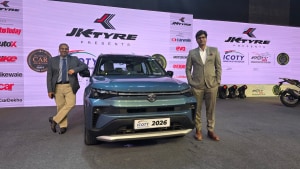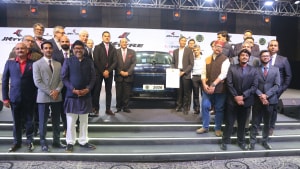We are witnessing an unprecedented "Auto Revolution"
Hyundai Motor India has just announced that it plans to invest about Rs.4000 crores for research and development, which will result in it having a line-up of 6 electrical vehicles (EVs) in India by 2028. Hyundai has also said it aims to drive the pump-to-plug revolution, and will work towards the development of electric vehicle infrastructure in India.
 Hyundai already sells the battery powered Kona in India and has just announced that by 2028, it will offer 6 EVs
Hyundai already sells the battery powered Kona in India and has just announced that by 2028, it will offer 6 EVs
That's not all. Last month, at the 2021 United Nations Climate Change Conference (COP26), many world leaders including our Prime Minister Modi, committed to reducing the use of fossil fuels. This has made it even more apparent that the future of mobility is EVs and we are presently witnessing the biggest revolution in the automobile world, since the introduction of the assembly line for mass production of cars.
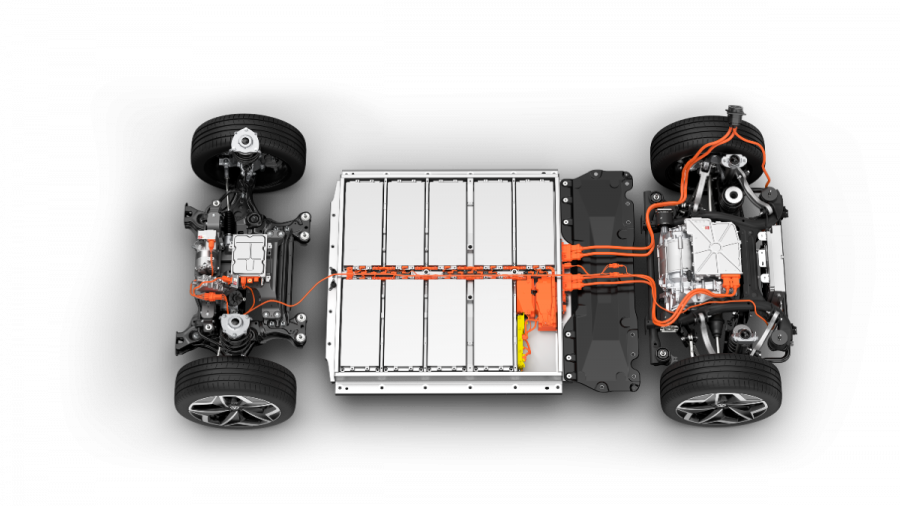 It's now certain that the future of mobility is battery driven electric vehicles
It's now certain that the future of mobility is battery driven electric vehicles
The death warrant of the IC (internal combustion) engine has been issued, and the countdown for its extinction has begun. But it won't go alone and several other items linked with it shall also vanish. EVs don't have things like pistons, valves, gaskets, spark plugs, fuel pumps, air and fuel filters, injectors, water pumps, timing belts and pulleys, cooling systems, exhaust systems, etc.
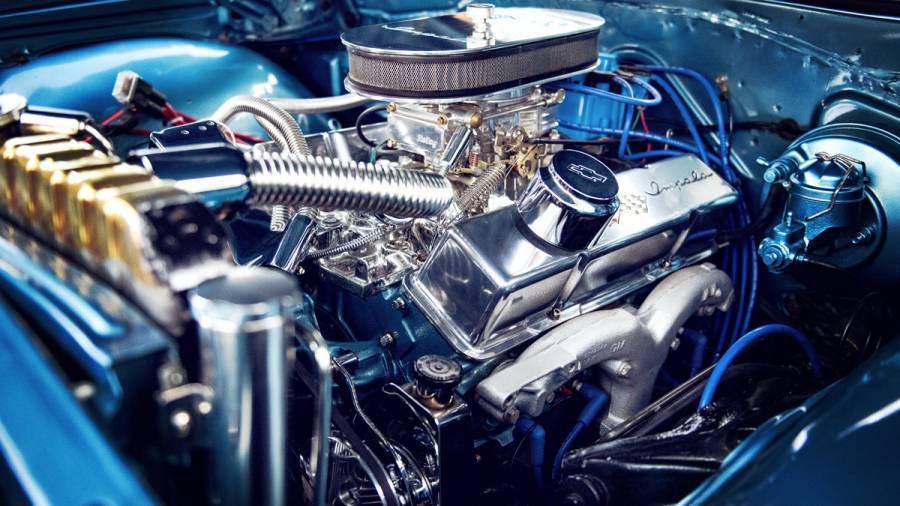 The death warrant for IC (internal combustion) engines has been issued. Image source Tim Mossholder on Unsplash
The death warrant for IC (internal combustion) engines has been issued. Image source Tim Mossholder on Unsplash
And as there are no major moving parts, there is no friction, so no lubricating oil and this means engine oil changes, will become a thing of the past. And as the drive in electric vehicles is direct from the motor to the wheels, there is no clutch or gearbox either.
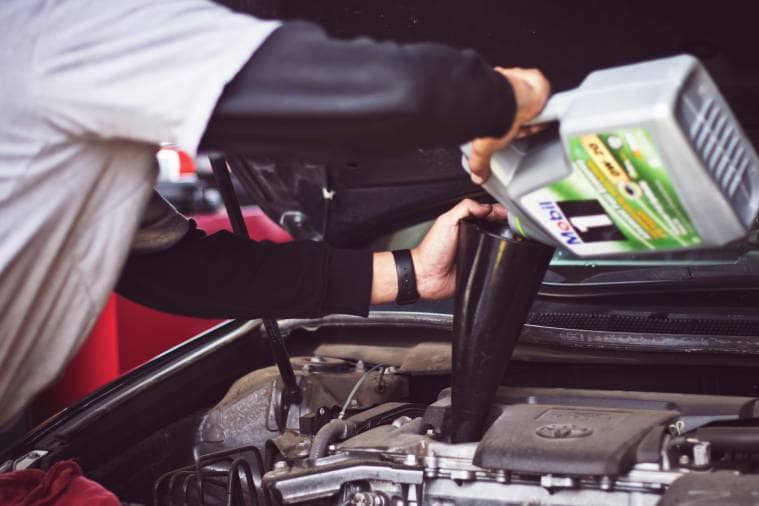 Oil changes will be a thing of the past. Image source Tim Mossholder on Unsplash
Oil changes will be a thing of the past. Image source Tim Mossholder on Unsplash
In fact I am told that EVs have less than 10 percent of components compared to a regular car! Fewer parts mean reduced wear and tear and repairs and maintenance. And even for those parts that require changing, the frequency is less. Take the brake discs and pads. They last a lot longer due to the regenerative braking that captures kinetic energy and sends it to the battery. This slows the electric vehicle whenever you decelerate and thus the brakes are not used as often as in a regular car.
 Plug in, charge and drive- will be the new normal
Plug in, charge and drive- will be the new normal
Replacing parts on an EV is easier too, as there is no major dismantling and therefore it needs less time in the workshop for repairs. Some experts estimate that the maintenance cost of an EV is about half of that of a normal vehicle. While all this will surely benefit consumers, what about car garages? They are bound to suffer and lose business.
 Computers and software are needed for servicing electric vehicles. Image source Jenny Ueberberg on Unsplash
Computers and software are needed for servicing electric vehicles. Image source Jenny Ueberberg on Unsplash
Even automobile dealers will be affected as one of their main revenue sources is after sales service. And of course the mechanics will need extensive training and a completely new set of skills. Spanners and screwdrivers will not suffice with EVs. You want advanced diagnostic tools that allow you to hook up the EV to a laptop that will pick up any possible fault codes that might need attention. One will get online reports on required repairs and then you will use the right software and things like code readers and rectifiers to adjust the settings on an EV.
 The car charging cable and connector, will soon be a common sight
The car charging cable and connector, will soon be a common sight
For well over a century, we have been used to mechanics looking under the bonnet of a car and using screwdrivers, spanners and wrenches to repair it. This will now become a thing of the past, because software is replacing the screwdriver! The mechanic's toolbox as we know it will itself turn into a relic of the past. The mechanic of tomorrow will be more of a technician who understands computers, electronics, battery cells and charging technology. Sadly, many of the skilled mechanics, especially your friendly neighbourhood ones, will lose customers and may eventually be forced to shut down.
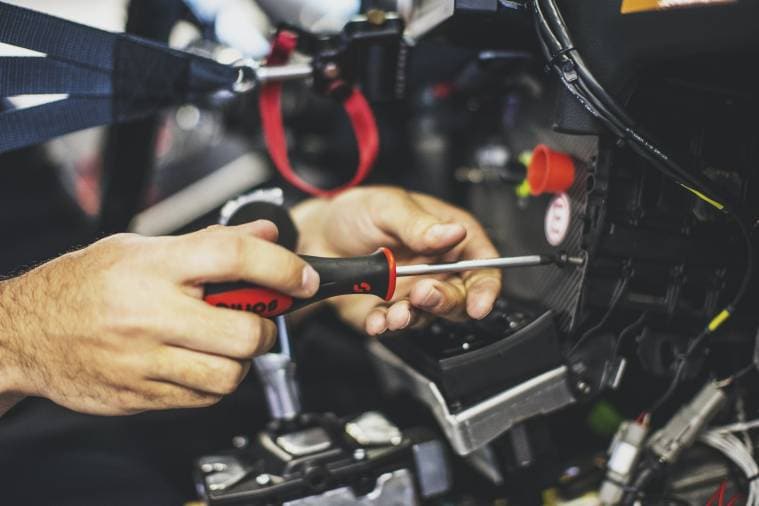 The screwdriver could get replaced by software! Image source Eric Wendt on Unsplash
The screwdriver could get replaced by software! Image source Eric Wendt on Unsplash
Apart from the need to train and re-skill our mechanics, new equipment and processes to service EVs is also required. At the heart of an EV are its batteries. And to drive a car they need to be able to store a lot of electrical energy. And if these high voltages and amperage are not handled in a proper manner, the mechanic working on the EV can lose his life in case he or she gets an electric shock.
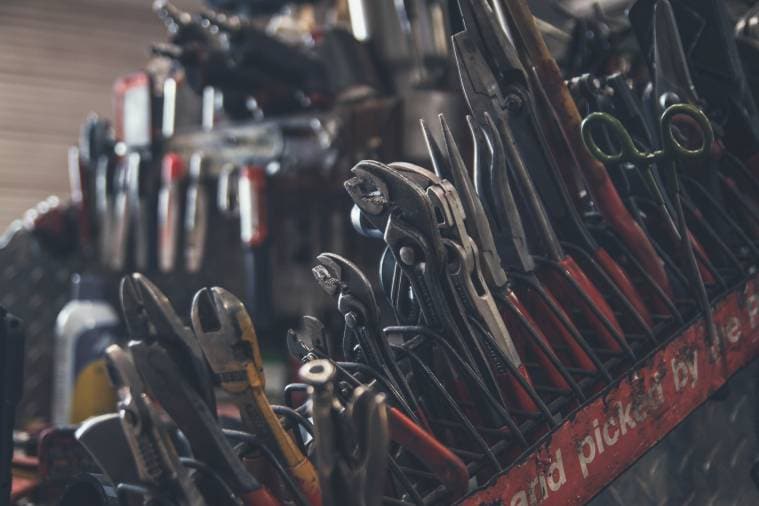 The mechanic's toolbox may become a thing of the past. Image source Unsplash
The mechanic's toolbox may become a thing of the past. Image source Unsplash
I am told insulation plays a big part in both the making and servicing of EVs. Rubber mats, gloves, boots, etc, are all important with the most vital thing of course being the training on how to approach and attend to EVs. While EV sales are gaining momentum in India, unfortunately I do not see this re-skilling or training taking place on any serious scale. What I think will happen is that the present mechanics will get restricted to repairing conventional cars and an entire new generation of technicians will emerge to service electric cars.
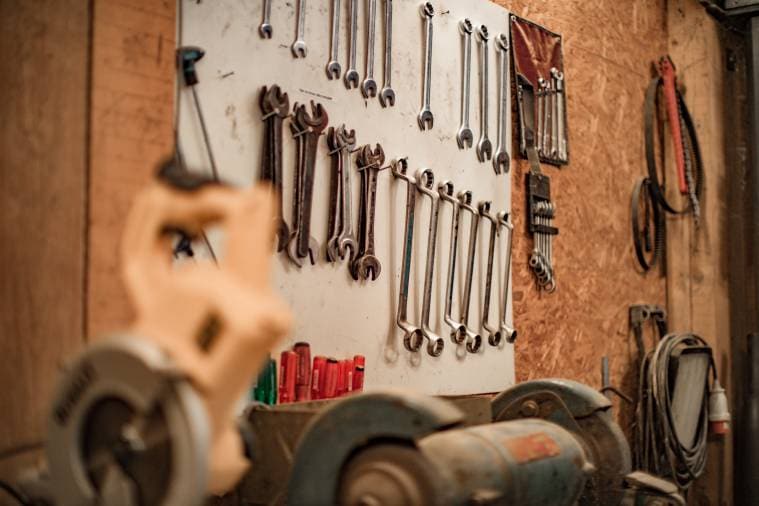 No longer will mechanics use screwdrivers, spanners and wrenches to repair a vehicle. Image source Nina Mercado on Unsplash
No longer will mechanics use screwdrivers, spanners and wrenches to repair a vehicle. Image source Nina Mercado on Unsplash
Another thing that is bound to happen is the change in the manufacturing processes and in the way we currently make cars and bikes. As mentioned, EVs have fewer parts with the main one being its batteries. These are usually made and supplied by battery specialists. Similiarly, the electric motors that transfer the power and turn the wheels, are also made by electric motor experts. And this is also true for things like the electric wiring harness, sensors, and computer chips and so on.
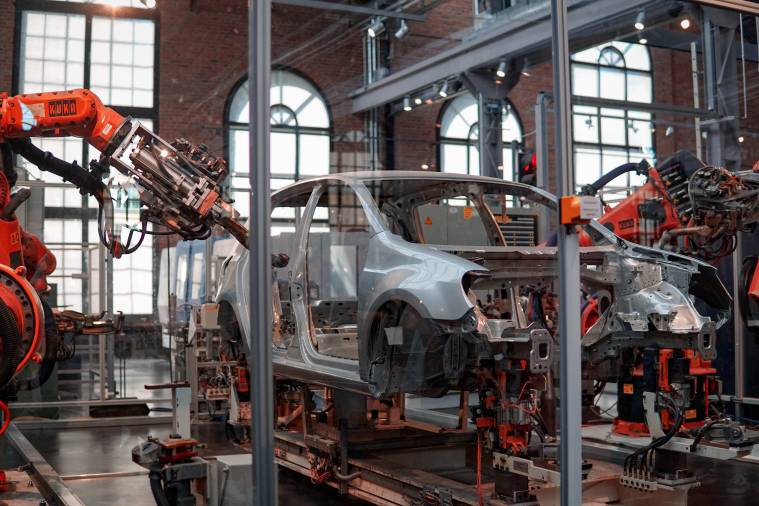 The way we manufacture vehicles, is also undergoing a massive change. Lenny Kuhne on Unsplash
The way we manufacture vehicles, is also undergoing a massive change. Lenny Kuhne on Unsplash
So to make an electric vehicle you do not need a massive factory with thousands of workers and lots of machinery and equipment. What is essential is that you source the best components and assemble the EV in the finest manner possible. Specialist body and chassis suppliers are entering the arena too, and this will totally transform the way in which cars are produced. Henceforth, manufacturers will just have to give suppliers their specification and design requirements, and after sourcing the parts, they can build, brand and sell an electric vehicle. Just as is done now with most personal computers.
 Battery charge and range- the two most important things while driving an EV
Battery charge and range- the two most important things while driving an EV
